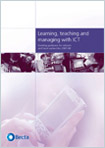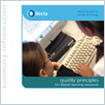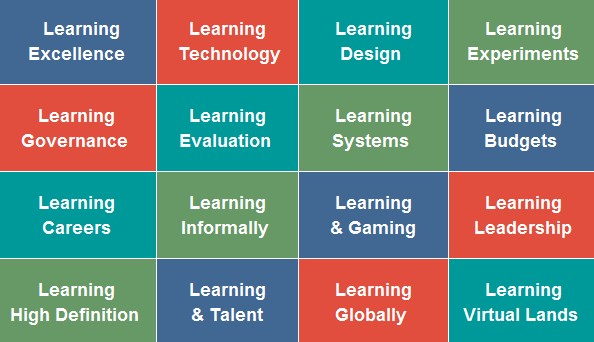
INTRODUCTION
Over the past decade, the Internet has had a profound impact on higher education by enabling the phenomenal growth of online learning. Moreover, just as we were getting used to fully online courses, blended courses, courses which integrate online and face-to-face instruction, seem to be growing in similar, perhaps even more spectacular, manner.
Add to that a plethora of emerging digital technologies such as wikis, blogs, podcasting, social software, and serious gaming technologies that are increasingly being incorporated into online or online portions of courses, and one is tempted to despair of ever making sense of online learning. The altered learning environments created by web-based technologies, not only eliminate barriers of time, space and arguably learning styles, providing increased access to higher education, they challenge our traditional notions of teaching and learning, and indeed higher education itself.
Read more...
About Dr. Karen Swan
 She is Research Professor in the Research Center for Educational Technology at Kent State University. Dr. Swan's research has been focused mainly in the general area of media and learning on which she has published and presented nationally and internationally. Her current research focuses on online learning, mobile computing and on student learning in ubiquitous computing environments.
She is Research Professor in the Research Center for Educational Technology at Kent State University. Dr. Swan's research has been focused mainly in the general area of media and learning on which she has published and presented nationally and internationally. Her current research focuses on online learning, mobile computing and on student learning in ubiquitous computing environments.Dr. Swan has authored several hypermedia programs, co-edited a book on Social Learning from Broadcast Television and is currently working on a co-edited book on ubiquitous computing and a DVD ROM on the latter topic. She served as a project director on several large scale grants including work for the US Department of Education, the National Science Foundation, and the NYC Board of Education.
She is a member of the Sloan-C Board of Directors, an Effective Practices Editor for the Sloan Consortium, the Special Issues Editor for the Journal of Educational Computing Research, and Editor of the Journal of the Research Center for Educational Technology.
Source: Online Learning Update














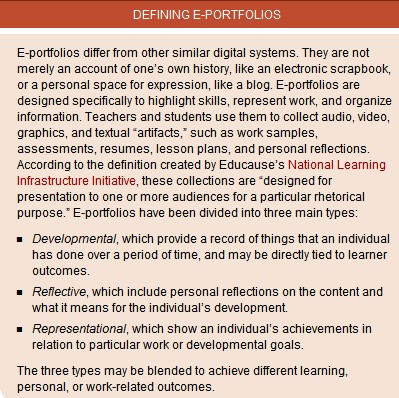
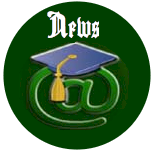

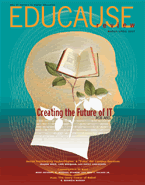

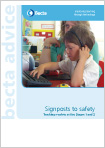
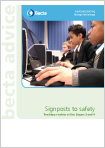 This booklet explores all safety aspects of internet and ICT use at Key Stages 3 and 4.
This booklet explores all safety aspects of internet and ICT use at Key Stages 3 and 4.